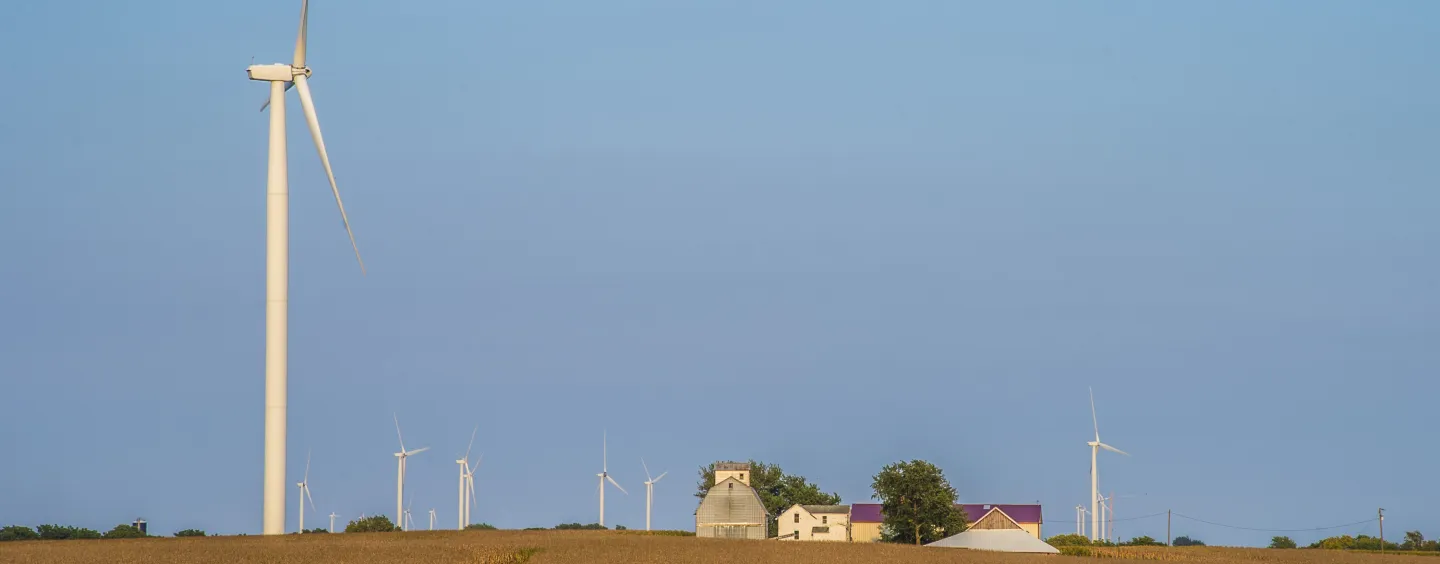Climate change is posing an escalating threat to U.S. food and agriculture. In response, NIFA is actively preparing a coordinated, collaborative response to the vulnerabilities and impacts caused by our changing climate. The NIFA Climate Adaptation and Resilience Plan provides a set of concrete actions that NIFA will take in the near term to address climate challenges, as well as aspirational goals for the future.
Adapting to Change, Building Resiliency
The steps we and our stakeholders take in adapting to climate change can reduce its impacts while also creating new opportunities for mitigation, sustainable production and conservation. Our adaptation actions can improve economic opportunities, strengthen infrastructure and promote equity in rural and urban areas.
The research and development necessary to support climate adaptation — a key focus of NIFA’s work — will lead to the development of new tools, practices and technologies that will transform the agricultural sector of the future.
Supporting the Most Vulnerable
Historically underserved communities are a key focus of this work. Climate change is likely to disproportionately impact low-income, minority and rural populations — as well as American Indians, Alaska Natives and sovereign Tribal governments.
These communities are often located in places that are especially vulnerable to climate change, and adaptation planning must consider these communities’ access to resources.
Preparing the Agricultural Workforce of the Future
NIFA takes a broad view of agricultural science that is rooted in our three-pronged strategy of research, education and extension. Our scientific approach can guide actions in both adapting to and mitigating climate change.

